
Dear readers,
The spread of invasive species such as the dreaded quagga mussel poses a serious threat to biodiversity, water quality and infrastructure, particularly in our inland waters. Quaggas can block water pipes, permanently destabilise ecosystems and displace native species. The problem is now well known and the consequences can no longer be dismissed even by the last sceptics. One thing is clear today: there is an urgent need for action - now!
In many regions, the authorities are currently examining the introduction of measures to curb the spread of these ominous invaders. In Switzerland, many cantons have already responded by introducing a so-called Ship Reporting and Cleaning Requirement (SMRP), which is particularly relevant for pleasure craft. The new ordinance is intended to ensure that boats that are transported between different bodies of water are thoroughly cleaned and inspected before entering the water at their new destination in order to prevent the further spread of invasive species. These measures seem sensible, as quagga mussels easily attach themselves to boats, drives or propellers and can thus be unintentionally introduced into new waters. In particular, the tiny larvae of the mussels are often transported along because they are barely visible to the eye.
However, the question also arises: what use are cleaning and control regulations if mussels have already colonised a body of water in large numbers? In such cases, the cleaning measures are only of limited help, as the population is established in the affected body of water. Lake Constance, for example, is particularly badly affected by the quagga invasion. The regulations are therefore a good instrument for prevention, but not a solution for waters that are already contaminated.
Instead, boaters and the responsible authorities must now work closely together to find sensible, regionally coordinated and, above all, promising solutions for all waters and areas. If it is not possible to combat the mussel invasion sustainably now, there is a threat of even stricter regulations and measures, perhaps even the closure of heavily affected inland waters, which would be tantamount to a de facto ban on all forms of water sports.
Sailors, surfers and motor boaters must therefore now adapt to the new rules and measures and actively support them, even if they entail additional restrictions and inconvenience. But research and science also have a duty. Above all, new solutions for the biological control of mussels are needed. It is quite possible that methods and applications will soon be presented that can reduce or perhaps even eradicate the invasive populations.
Combating the quagga mussel is therefore a complex problem that affects not only the authorities, but also water sports enthusiasts in particular. The measures currently being taken, such as mandatory reporting and cleaning of boats, are a step in the right direction, but much more effort and co-operation is needed to prevent the spread in the long term. Skippers must be aware that they are making an important contribution by complying with the cleaning and prevention measures. Solving the problem requires a holistic approach. We are all called upon!
Michael Good
YACHT editor
Recommended reading from the editorial team

Recreational boating licence
Federal Ministry of Transport announces end to lending practice
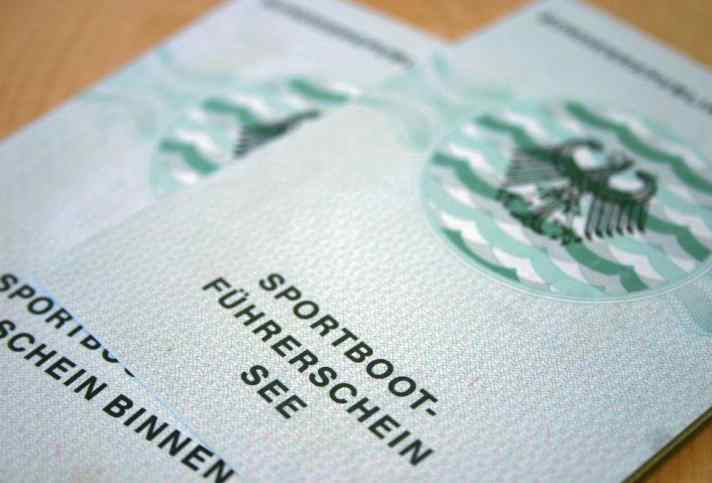
The Federal Ministry of Transport has announced that the new Recreational Craft Ordinance will come into force in the middle of the year. The plan to replace official recreational boating licences with so-called association licences remains in place.
Trident 810
Royal Huisman builds 81-metre schooner without owner
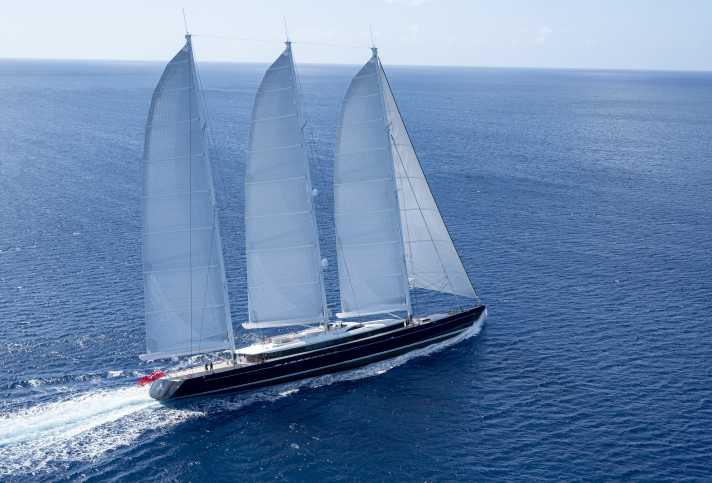
Royal Huisman started construction of the "Sea Eagle" sister ship without an owner. Potential customers will therefore benefit from a significantly shorter construction time and could take delivery of the 81 metre schooner as early as 2028.
Saffier SL 38
The new one for the centre in between
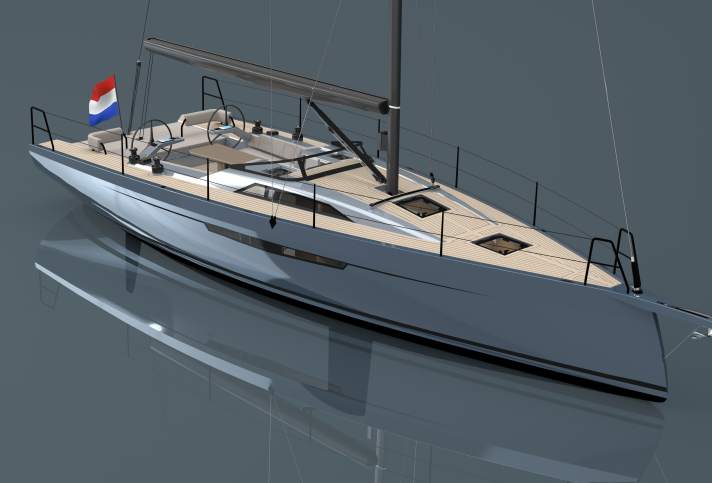
Saffier Yachts in Holland is announcing yet another new model at the trade fair in Düsseldorf. The SL 38 is a smaller version of the flagship SL 46.
Vendée Globe
New Malizia documentary series - "We really want to win!"
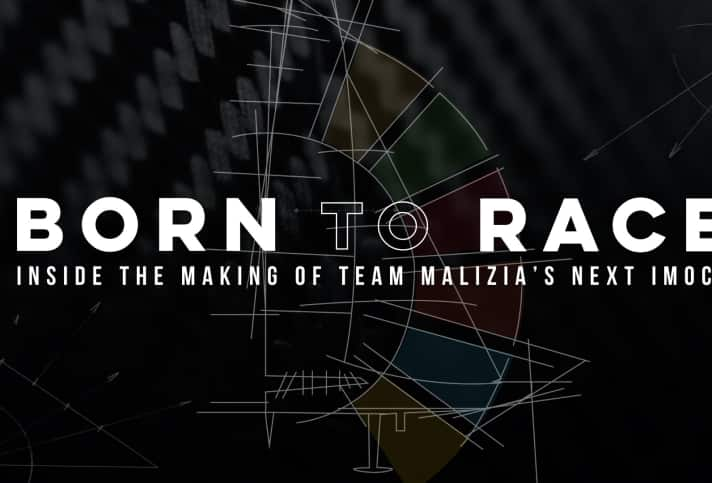
Boris Herrmann's Malizia team starts the year with a new documentary series. In "Born to Race", the Imoca new build for the Vendée Globe is scrutinised in detail.
A lifelong dream fulfilled
Across the Atlantic from west to east on the old Hanseat 70
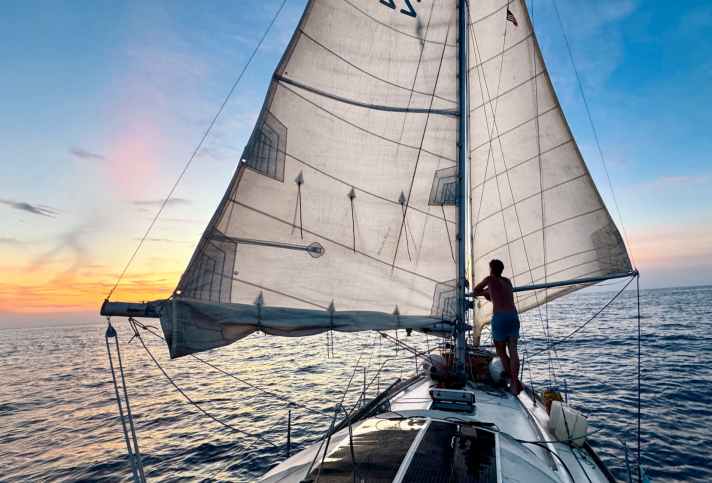
Two brothers want to cross the Atlantic from west to east. The first section of the two-part reportage takes them from the USA to the Azores.
Jules Verne Trophy
Women's crew without a big team, but with pride at the finish line
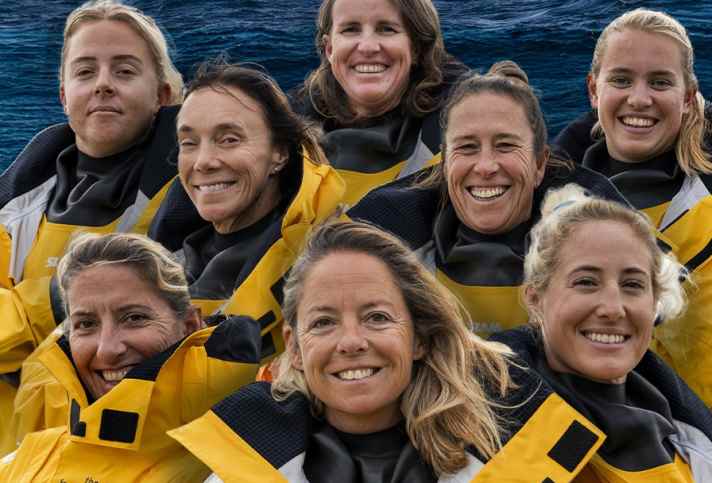
The day after Sodebo's triumph at the Jules Verne Trophy, The Famous Project CIC crossed the finish line. Even without a record, the sailors are celebrating a first.
Sinking of the "Bayesian"
456 million euro lawsuit against owner
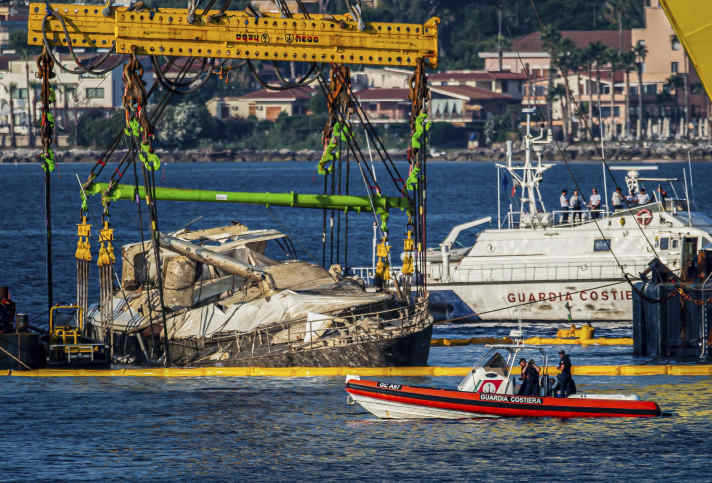
The Italian Sea Group, which also owns the Perini Navi brand, is claiming 456 million euros in damages from Angela Bacares Lynch. The yacht builder holds the crew and operating company responsible for the sinking of the "Bayesian". The company claims that its sales figures collapsed following the tragedy.
boot 2026
"Powerful source of inspiration"
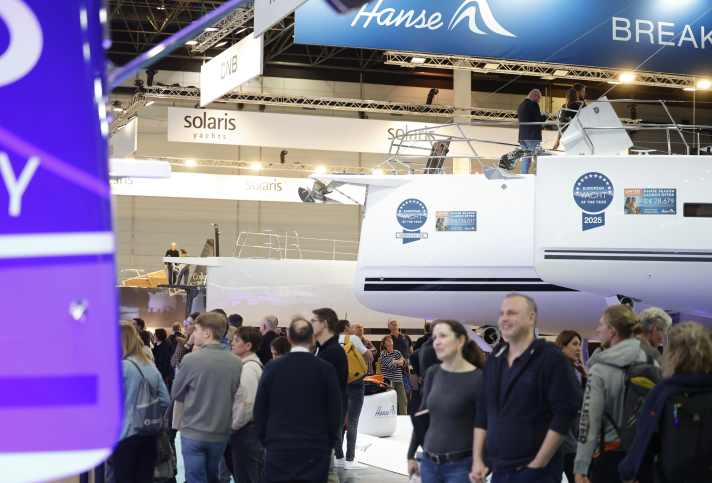
boot has closed its doors after nine days. The organisers and exhibitors are satisfied, especially as boot even attracted more visitors than in 2025.
Jules Verne Trophy
Historic triumph - "Sodebo" breaks the record
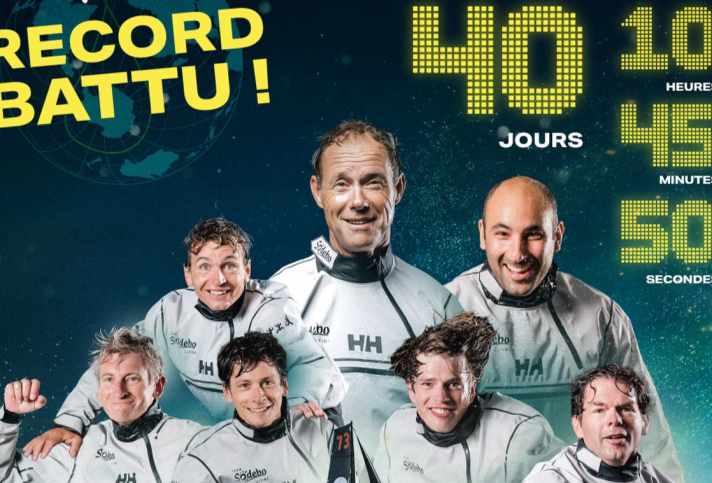
The Jules Verne Trophy is in new hands. Thomas Coville and Team Sodebo Voile have made history with the fastest non-stop circumnavigation of the world.
Boot Düsseldorf
The new Jeanneau Sun Odyssey 455 defines high standards
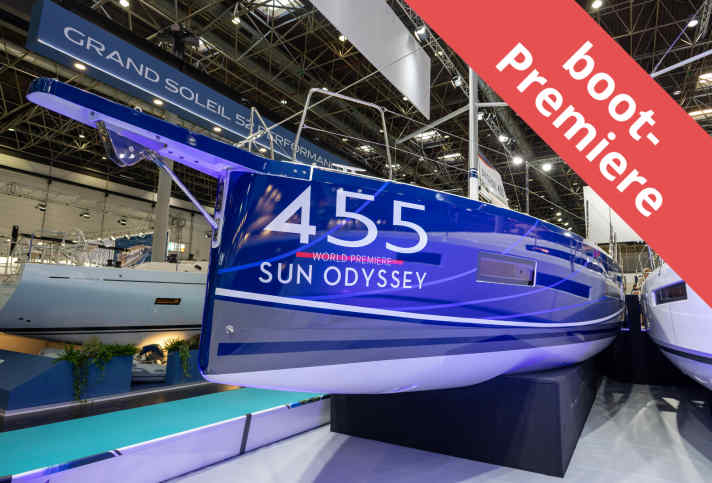
The new Sun Odyssey 455 will be the new flagship in Jeanneau's cruising programme. At the boot trade fair in Düsseldorf, the smart Frenchwoman has become a crowd-puller. Everyone wanted to see her.
Newsletter: YACHT-Woche
Der Yacht Newsletter fasst die wichtigsten Themen der Woche zusammen, alle Top-Themen kompakt und direkt in deiner Mail-Box. Einfach anmelden:
